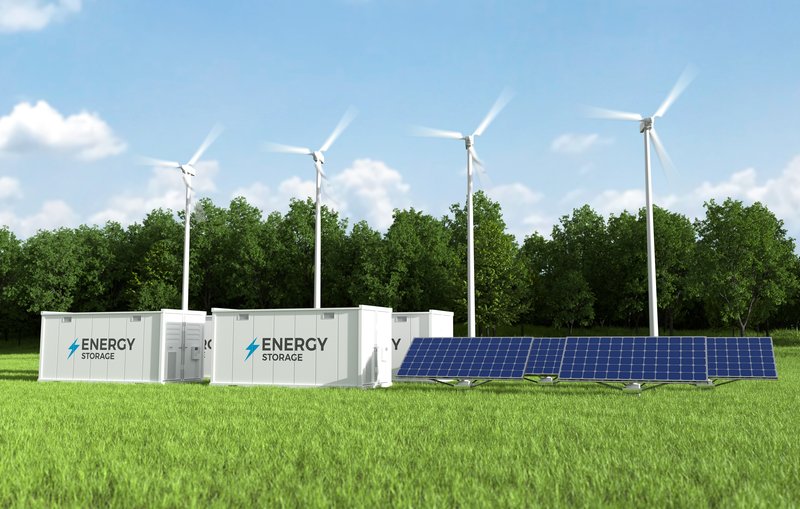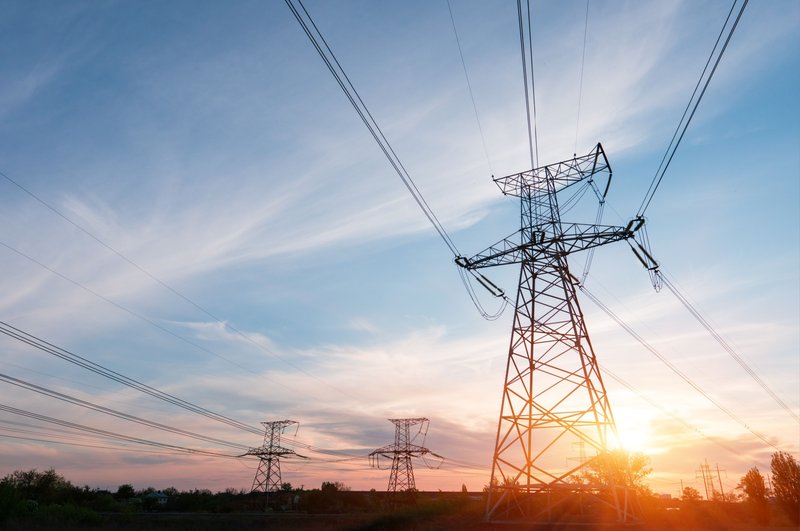A grid impact study offers a comprehensive assessment of the potential effects of integrating a new power generation facility into the electrical grid. These studies are crucial for ensuring that the addition of new power generation sources does not have an adverse effect on the security of the electrical networks and to determine any reinforcements and countermeasures that may be needed to achieve this objective.
In the dynamic transition from conventional power generation facilities to clean energy sources, such as renewable power plants, our team helps developers, utilities and regulators understand the grid's capacity to host a diverse range of power generation units while maintaining operational security and reliability.
Key components
Our team has extensive experience conducting grid impact studies for clients worldwide. We have conducted studies involving:
- Static and dynamic network modelling
- Load flow calculations and contingency analysis
- Electrical energy losses
- Short circuit calculations
- Reactive power compensation
- Transient & dynamic stability studies
- Power Quality Studies














